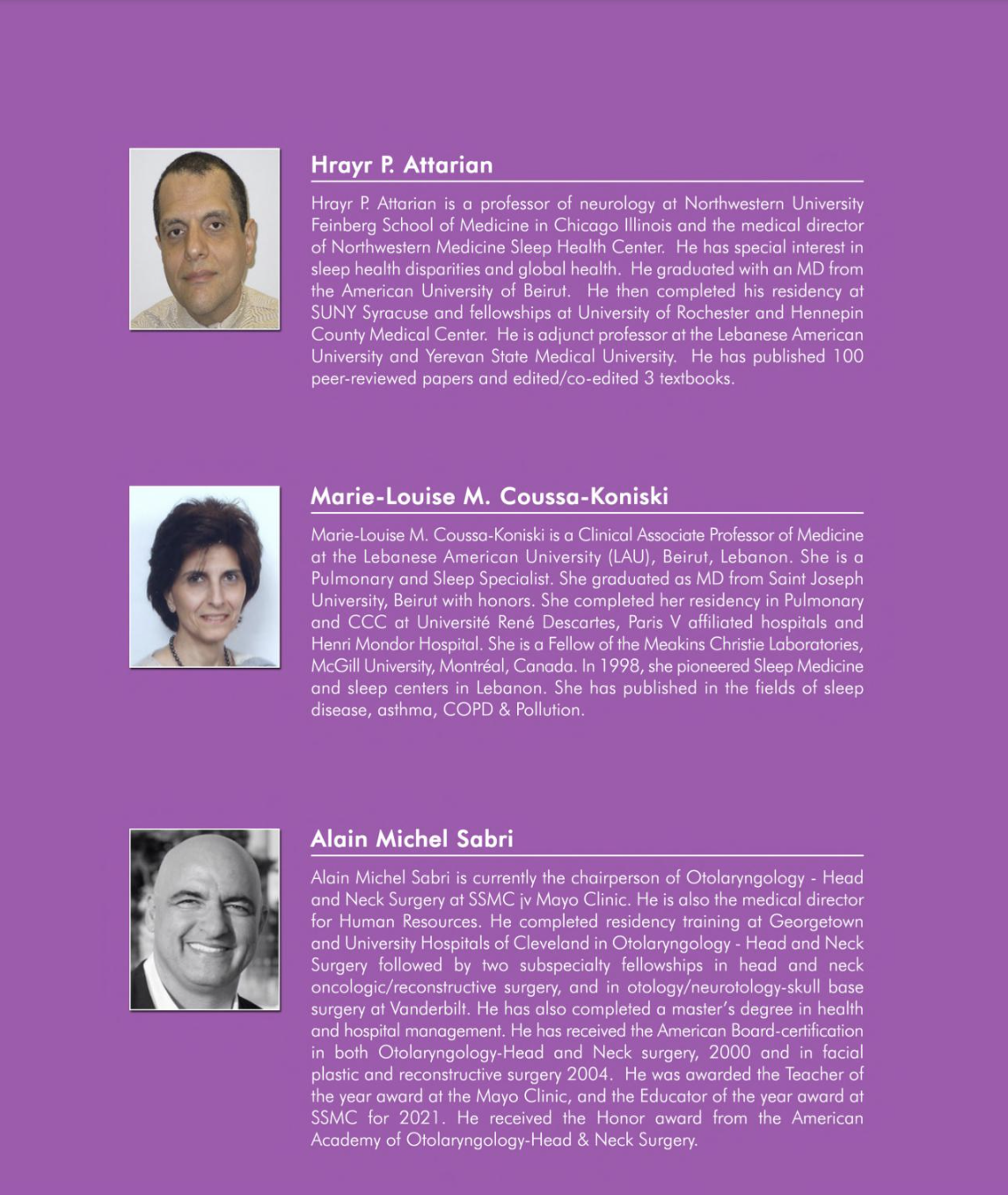RESEARCH
The Practice of Sleep Medicine Around The World: Challenges, Knowledge Gaps and Unique Needs.
Original Link: https://benthambooks.com/book/9789815049367/contents/ Year 2023 print
The art and science of sleep medicine have evolved significantly over the past several decades.
Both diagnostic and therapeutic advancements have led to a multidisciplinary approach to the field.
Impactful research as well as technological innovations have been major catalysts in the rapid development of this important specialty.
Despite the above, those advancements have predominantly manifested in high and some middle-income countries.
Meanwhile, there have been wide disparities in the delivery of care in economically disadvantaged parts of the world.
When considering the entirety of sleep health and the wide range of sleep disorders, even within the same geopolitical areas, city, country, or continent, the ability to properly diagnose and, more importantly, manage sleep disorders by medical professionals and healthcare systems varies greatly.
Because of the multidisciplinary nature of the field, each editor of this publication comes from a different primary specialty.

Dr. Marie-Louise M. Coussa-Koniski is a pulmonologist, Dr. Alain Michel Sabri is an otolaryngologist-head and neck surgeon and Dr. Hrayr P. Attarian is a neurologist.
Similarly, the authors of the individual chapters cover a wide range of specialties, including the aforementioned ones as well as paediatrics, psychiatry, occupational medicine, internal medicine and others.
This textbook seeks to highlight the above by elucidating the particularities within each country, as well as the challenges encountered and the potential for improvement in the management of sleep disorders.
The latter has a high impact on the healthcare of the individual, the healthcare system and various notions in terms of morbidity, mortality and overall well-being and quality of life.
The impact of sleep disorders carries important economic implications. Leading healthcare experts describe the differences in the healthcare systems, available resources, patient population, accessibility as well as teaching and research in the field. Future directions and suggestions for improvement are also discussed.
We hope that you will find this textbook informative and that it will stimulate ideas for growth and development in the field of sleep disorders around the world.

